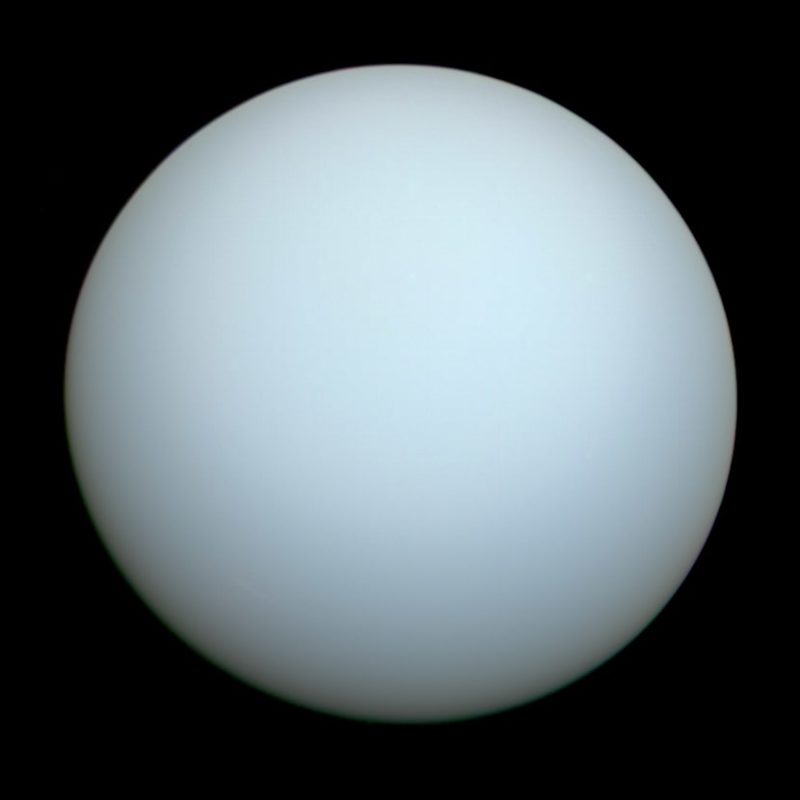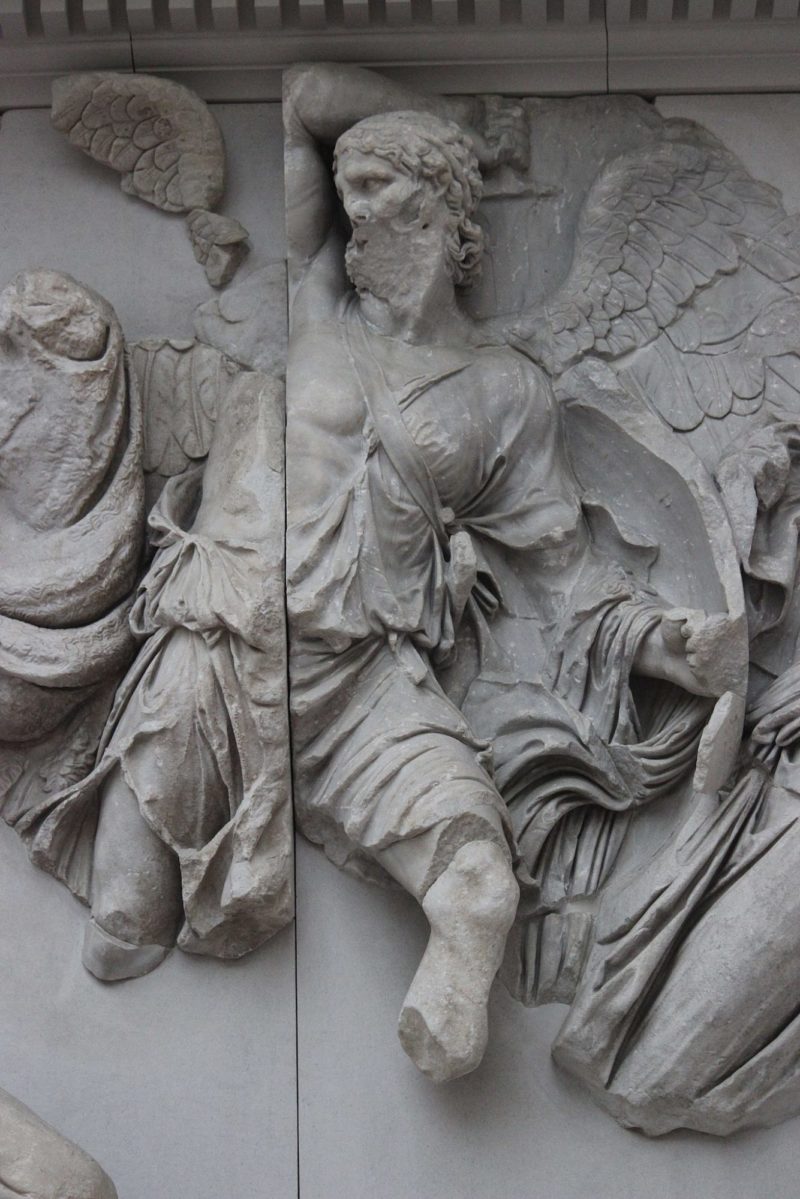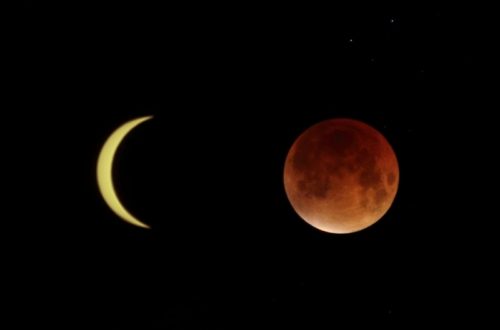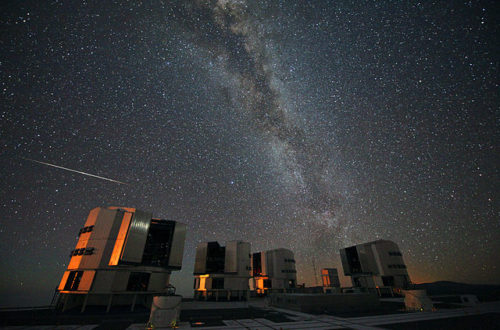How Did Uranus Get Its Name?

In order to grasp the story behind how Uranus got its name, we need to look at the history of this faraway world. Discovered in 1781 by the astronomer William Herschel, Uranus was first believed to be a star or a comet.
Herschel named it “Georgium Sidus” in honor of his patron, King George III. However astronomers wanted a name in keeping with the custom of naming planets after Roman gods. Johann Bode, a German astronomer, proposed the name Uranus, the Greek god of the sky, which fit the naming pattern.
What is Uranus?
Uranus is an ice giant and the seventh planet from the Sun in our solar system. Being an ice giant, Uranus has a characteristic bluish color due to the methane in its atmosphere. This methane absorbs red light and reflects blue, which creates Uranus’ striking blue color.
Uranus’ unique axial tilt of 82.23 degrees is the most extreme in the solar system, making its seasonal changes severe and long-lasting. For about 42 years one pole has continuous sunlight. The other pole, in contrast, experiences an extremely dark and frigid winter.
This tilt has led to the planet having extreme wind patterns. Encircling Uranus is a remarkable, intricate ring system, jostled by a retinue of 28 known moons.
Mythological Background
Uranus was named for the ancient Greek deity of the sky. This naming decision perpetuated the theme of naming planets after mythological characters. This association deepens our understanding of Uranus’s nature, particularly in the context of Greek mythology.
As a primordial deity, Uranus embodies the sky and is an important character in mythological tales.
Role in Greek Mythology
In mythology, Uranus is the sky god, consort of Gaia, the goddess of the earth. Their turbulent connection birthed both art and strife, representing both enlightenment and destruction.
These motifs resonate throughout Greek cosmology, where the story of Uranus is woven into larger mythological epics.
Origins of the Name Uranus
Naming by Astronomer William Herschel
William Herschel, who discovered Uranus in 1781, originally suggested naming the planet “Georgium Sidus” in honor of King George III. This proposal certainly showed Herschel’s aspirations to curry favor—and money—from the British monarchy. The astronomical community, which prized a more international approach, had a tough time with this royal-centric plan.
Herschel’s idea was met with resistance. Many considered it too nationalistic and contrary to the then-tradition of naming planets after mythological characters. Ultimately the name of “Uranus” was adopted instead.
Influence of Greek Mythology
German astronomer Johann Bode did the new discovery justice by suggesting the name Uranus. His choice was inspired by the Greek god Ouranos. Ouranos, personifying the sky, was an important figure in Greek cosmology as a primordial god.
As such, naming the planet Uranus was consistent with the then-prevalent practice of naming planets after gods, preserving the mythological order.
Bode’s colleague, Martin Klaproth, further justified this choice by naming a recently discovered element “uranium.
Adoption by the Astronomical Community
This name faced fierce initial resistance, but “Uranus” won out over the years as the common usage among astronomers. International consensus was key. By 1850 the name Uranus was widely accepted.
Significance of Uranus in Mythology

Uranus as the Sky God
Uranus occupies an important place in Greek mythology as the god of the sky. His name is tied to this very heavenly role. It is derived from the ancient Greek word for rain or moisture.
As the first ruler of the world, Uranus symbolizes the heavens and cosmic order. As the Greek god of the sky, he represents the primordial, infinite aspect of that expression. His relationships with other primordial gods, such as Gaia, the earth goddess, emphasize his significance in primordial creation myths.
His union with Gaia resulted in the birth of the Titans, further deepening his significance in mythological lore.
Relationship with Gaia
This cosmic partnership between Uranus and Gaia is foundational in Greek mythology. As husband and wife, their union produced important progeny, including the Titans, who would go on to figure prominently in later myths.
This relationship was not without strife. Uranus’s castration by his son Cronus, and the subsequent war between the titans and the Olympians, allegorizes this conflict between the old order and the new.
Modern Astronomical Naming Practices
Today, celestial naming conventions are dictated by the International Astronomical Union, or IAU. They try to make sure that names are appropriate, culturally sensitive, and reflect the historical importance. This is a good way to preserve a largely systematic and scientific naming process, while providing an avenue for public input for more deserving exceptions.
These guidelines stress the need for cultural diversity. They make sure names are not offensive or prejudiced, while bringing in perspectives from a global community. German astronomer Johann Bode decided on the name “Uranus.” He favored the Greek deity Ouranos to the Roman “Caelus,” a reflection of the preferences of 18th century astronomers.
Pronunciation Challenges
We know helping kids learn how to pronounce Uranus can be challenging—not when the planet’s very name inspires snickers and puns. The name usually brings to mind a certain four-letter word that causes some to blush.
These mistakes come from phonetic difficulties and the clumsiness of its pronunciation.
By recognizing these common pitfalls, we can better communicate about astronomy and bring the public along in understanding what we do.
Conclusion
Uranus has a deep history rooted in mythology and astronomical tradition. Uranus is named after the ancient Greek god of the sky. This name is the perfect confluence of our interest in mythology and the scientific tradition of naming celestial bodies.
The unusual pronunciation puts a cherry on the cake of its legacy, causing people to stumble over the name like it’s a punchline. Whether you avidly follow astronomy news or just look at the stars once in a while, knowing the tales behind names enhances the joy. Join us as we continue to dive deeper into the cosmos, and learn more about the remarkable names that populate our skies.
Frequently Asked Questions
How did Uranus get its name?
When finally accepted, Uranus was named after the ancient Greek god Uranus, following the tradition of using mythological names for major planets.
Who named Uranus?
The name ‘Uranus,’ proposed by the German astronomer Johann Elert Bode, continues the mythological heritage as it honors the Greek god Uranus, the father of Cronus (Saturn).
When was Uranus discovered?
The planet Uranus, named after the Greek god Uranus, was discovered by British astronomer Sir William Herschel on March 13, 1781, marking a significant celestial discovery.
What is the significance of Uranus in mythology?
In mythology, Uranus, or Ouranos, was the Greek god of the heavens, a significant figure in Greek mythology. He was regarded as a primordial deity and father of the Titans, including Cronus.
Would you like to receive similar articles by email?





